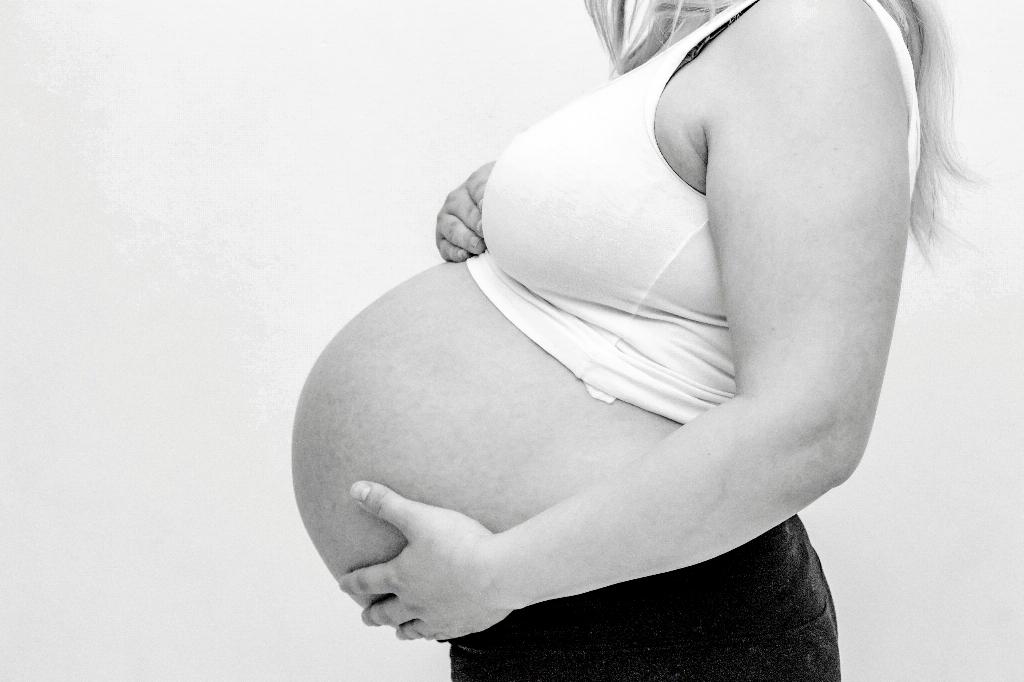Experiencing early pregnancy symptoms can be a rollercoaster of emotions and physical changes. One common symptom that many pregnant individuals face is morning sickness, also known as pregnancy nausea. This sensation can vary from person to person, but there are some common elements that many individuals can relate to when it comes to what early pregnancy vomit feels like.
One prevalent sensation associated with early pregnancy vomit is a general, lingering feeling that you may need to vomit without the immediate urge to do so. It’s like a constant reminder from your body that things are not quite right, yet it doesn’t escalate into a sudden urge to rush to the bathroom.
Sometimes, early pregnancy vomiting can come on suddenly and intensely. You may be going about your day when all of a sudden, the unmistakable feeling of nausea hits you like a ton of bricks, leaving you with an urgent need to vomit. This can be overwhelming and catch you off guard, especially if you were feeling relatively fine just moments before.
Another aspect of early pregnancy vomit is a strange mix of sensations that many describe as feeling hungry but not being able to stomach any food. It’s like your body is sending mixed signals, making you crave nourishment while simultaneously rejecting the idea of eating anything due to the nausea.
For some individuals, early pregnancy vomit can be accompanied by other symptoms such as dizziness, lightheadedness, or even headaches. These additional sensations can compound the discomfort and make the experience of vomiting during early pregnancy even more challenging to navigate.
The physical act of vomiting during early pregnancy can vary in intensity from mild to severe. Some individuals may find relief after a single episode of vomiting, while others may experience frequent and prolonged bouts of nausea and vomiting throughout the day, making it difficult to carry on with their daily activities.
Emotionally, early pregnancy vomit can be draining and frustrating. Dealing with the physical discomfort of nausea and vomiting, combined with the uncertainty and anxiety that often accompany the early stages of pregnancy, can take a toll on your mental well-being and leave you feeling exhausted both physically and emotionally.
It’s important to remember that every individual’s experience with early pregnancy vomit is unique, and what one person may feel or experience could differ from another. Seeking support from healthcare providers, loved ones, or online communities can help you feel less alone and provide valuable tips and advice on managing morning sickness.
Despite the challenges that early pregnancy vomit may present, many individuals find comfort in knowing that these symptoms are often temporary and tend to improve as the pregnancy progresses. Keeping an open line of communication with your healthcare provider and practicing self-care can contribute to a more comfortable pregnancy experience.
Listening to your body, honoring your needs, and taking things one day at a time can help you navigate the ups and downs of early pregnancy symptoms, including vomiting. Remember that it’s okay to seek help and support when needed, and that you are not alone in facing the challenges of pregnancy.
In conclusion, early pregnancy vomit can manifest in various ways, from a lingering feeling of nausea to sudden and intense bouts of vomiting. It’s a complex mix of physical, emotional, and psychological sensations that can make the early stages of pregnancy challenging for many individuals. By acknowledging and understanding these symptoms, seeking support, and practicing self-care, you can navigate the experience of early pregnancy vomit with greater ease and comfort.

